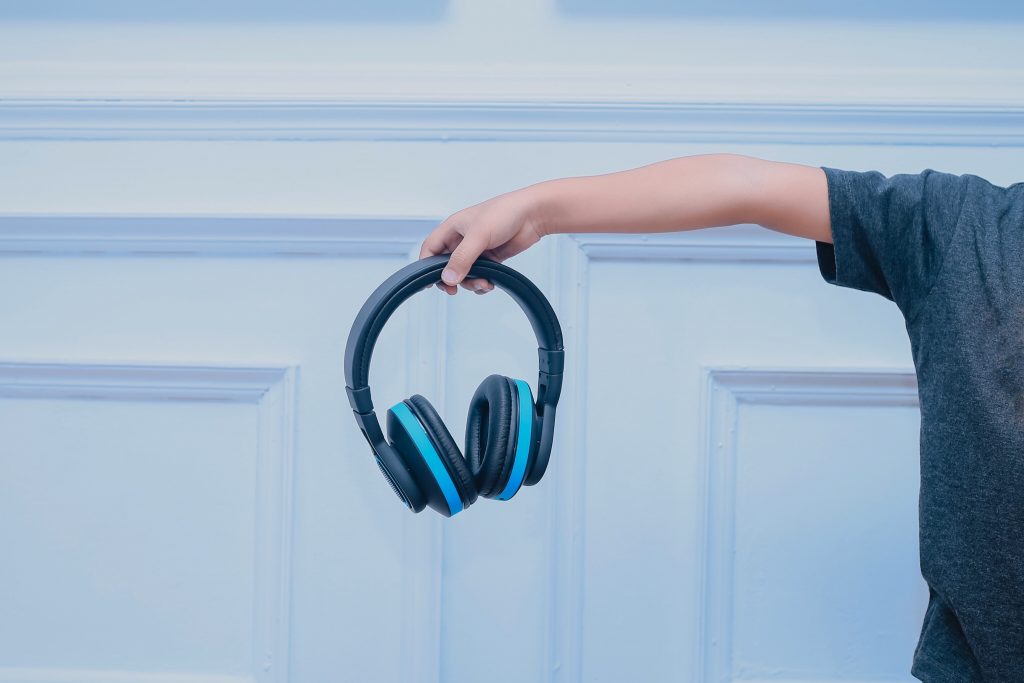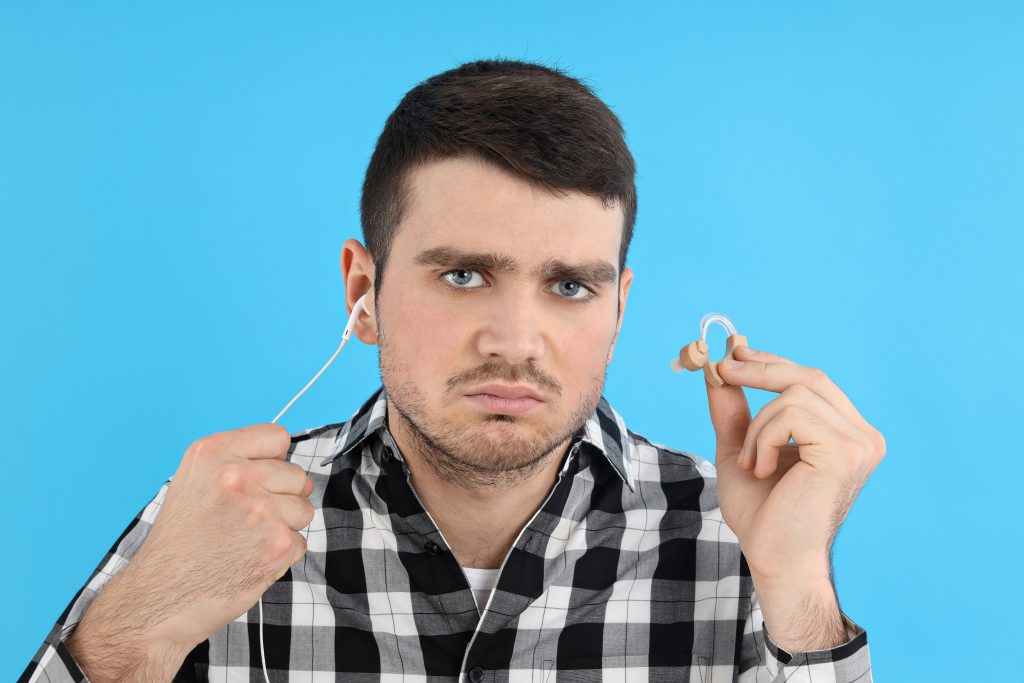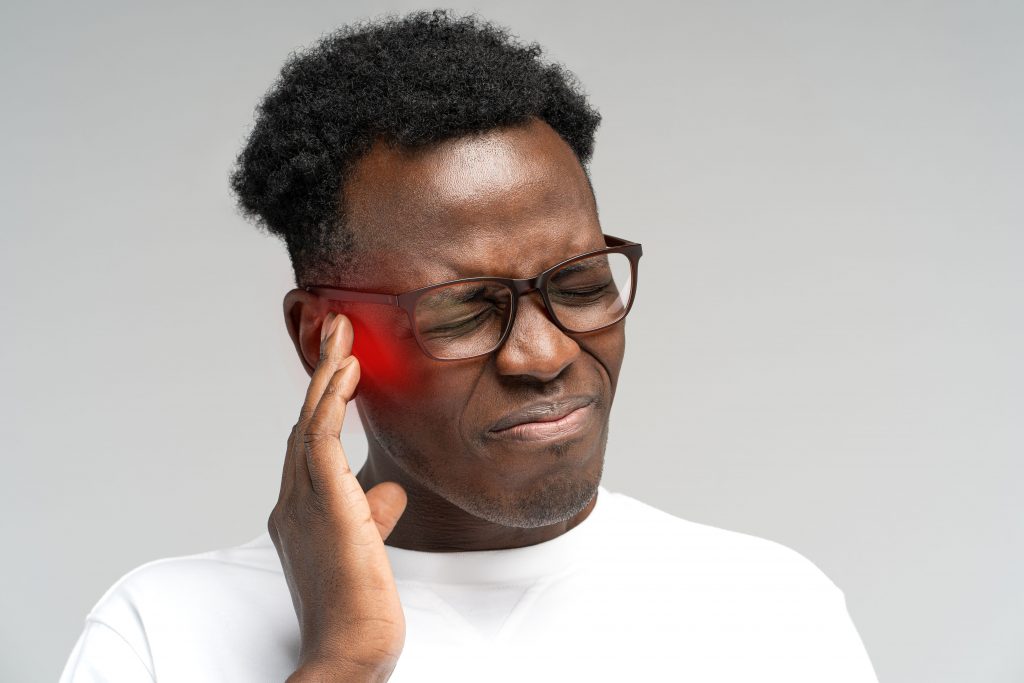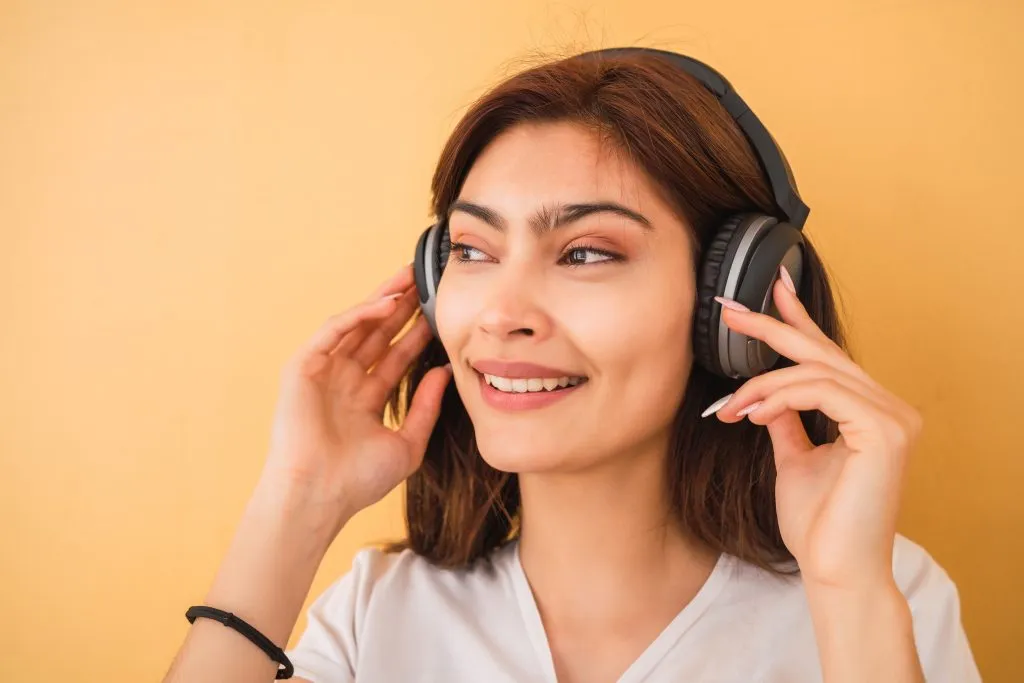Before, people used headphones mostly for work and hardly ever saw them.
Back then, you were the coolest kid in the block if you had a bad set of headphones for listening to music.
But in recent years, a lot has changed, and headphones are nowadays widely used.
People frequently utilise them when using speakers, phones, computers, or other electronic equipment.
In today’s world, headphones have evolved into a necessity. Some individuals find it impossible to envisage their life without headphones.
Headphones Are Increasingly Present In Our Daily Lives.

I admit that there are advantages to headphones.
Particularly at work, The best headphones allow workers to focus by obstructing outside distractions while guaranteeing that others aren’t distracted by what they’re listening to.
Or perhaps for studio work—for obvious reasons.
Additionally, some players won’t start the game if there headphones aren’t working since you want to hear these footsteps and maximise their gaming experience.
There is nothing wrong with the way things appear to be, right?
But every action has a price.
Do you know the dangers of using earbuds or headphones while driving?
Overuse of headphones can result in hearing problems and other issues with hearing. We’ll discuss how often you should use headphones in today’s post to prevent ear issues.
Headphones Can Lead to Skin Issues Like Acne
I wanted to briefly discuss the aesthetic issues that can encounter when wearing headphones for an extended period of time before we go on to more significant issues that headphones can create.
I would advise using earbuds if you suffer from skin issues because over-the-ear headphones might irritate the skin.
If you used headphones while working out, when perspiration is obviously present, or if you wore them for a prolonged period of time and they created warmth and sweating, the moisture gathered might encourage the growth of bacteria and yeast.
Additionally, the latex and plastic included in headphones may result in additional skin issues.
In-ear earbuds or headsets?

I’ll say it quickly: headsets are preferable than earphones.
I know I advised you to choose earphones if you suffer from skin conditions since they won’t bother your skin.
Earbuds, however, do more harm than their equivalents when that comes to more serious ear issues.
Due to their near proximity to the ear canal and the fact that they fit inside your ear, earbuds automatically increase the volume by about 9 dB.
On the other hand, headphones are either used outside the ears or they do not fit within the ear canal.
What’s worse is that imitation earbuds made by unidentified businesses frequently produce a lot of distortions and inconsistent loudness, further harming your ears.
How loud is too loud?
The amount of sound that can be produced by many modern technologies is immense, reaching up to 120 dB. the kind that is created at events, especially rock events.
The range of human hearing is 0 to 140 decibels.
It is extremely loud for our ears, despite the fact that we can hear above 140 dB. In this manner, you accept the possibility of irreparable hearing loss.
Gunshots, explosions, and even fireworks may produce noise levels of 140 dB or more. What they can do to your ears I’ll leave up to your imagination at this point.
According to experts, ear damage can be reduced at decibel levels around 60 and 85 dB.
When does anything become excessively long?
The “60/60 rule” is a legal requirement.
Those who have experienced ear issues are aware with this guideline.
The 60/60 rule is advised by the World Health Organization. Simply said, it indicates that you should use headphones for 1 hour at 60% volume.
This implies that you should limit your volume while listening to music, watching a movie, or playing a video game to no more than 60% of its maximum level. You should also set a goal for yourself to listen to music for 60 minutes while wearing headphones.
You may be curious as to why only 60 or one hour is permitted.
If exposed to sounds louder than 85 dB for longer than two hours, ear damage may result.
Have you ever heard a buzzing noise after a concert? You did, I’m certain of it.
When your ears are subjected to 120 dB or more, something occurs. It is stated that five minutes of exposure to 110 dB of sound might be harmful.
Oh my, I feel terrible for those who have to work in noisy conditions (staring at myself).
What signs of hearing loss may there be?

I am fully aware of various symptoms related to ear injury, regardless of the reality that I’m not a doctor and do neither wish to mislead anyone.
To correctly determine if you have hearing problems or ear injury, a specialist must conduct a hearing aid and a medical checkup.
- The most common kind of ear injury is tinnitus. You may hear sounds like ringing, roaring, hissing, or buzzing in your ears.
- Additionally present are muffled sounds and a clogged-ear feeling.
- boosting the loudness of your radio or television listening.
The aforementioned symptoms can occasionally be brief, but if they persist for a while, I would strongly advise that you see a doctor.
Last Words and Summary
I work with sound devices and present in noisy settings, thus it was challenging for me to write this article.
But I want to warn everyone about the damage that headphones could be able to do to their ears.
Treatment for ear injury is either possible or not. Making our ears is really important. They require particular attention from us. So, kindly, do.
I hope I did a good job of explaining everything and avoided providing any false information.
Till then, be careful and have fun.
